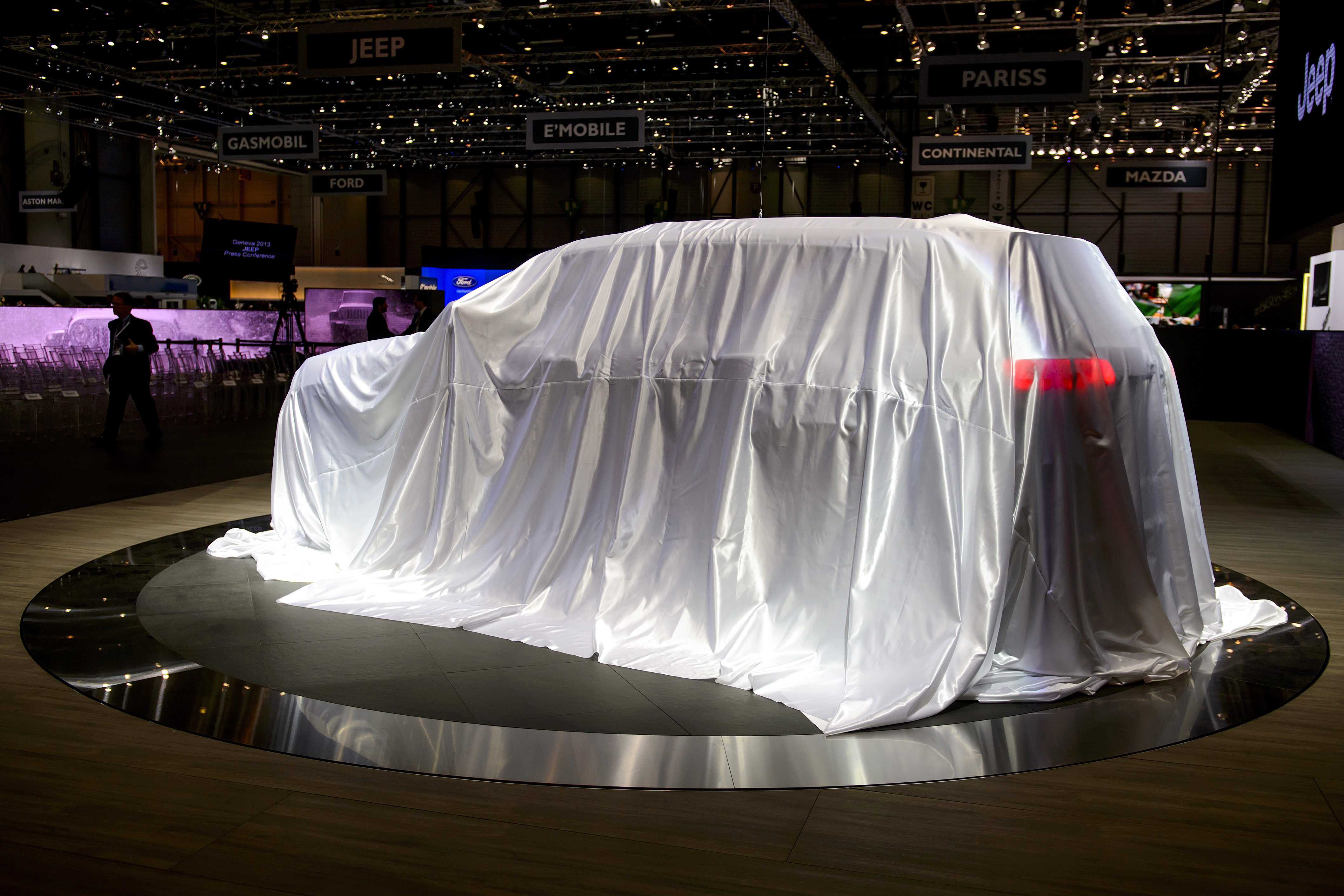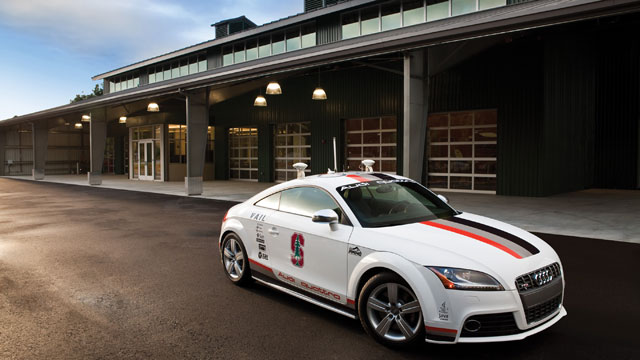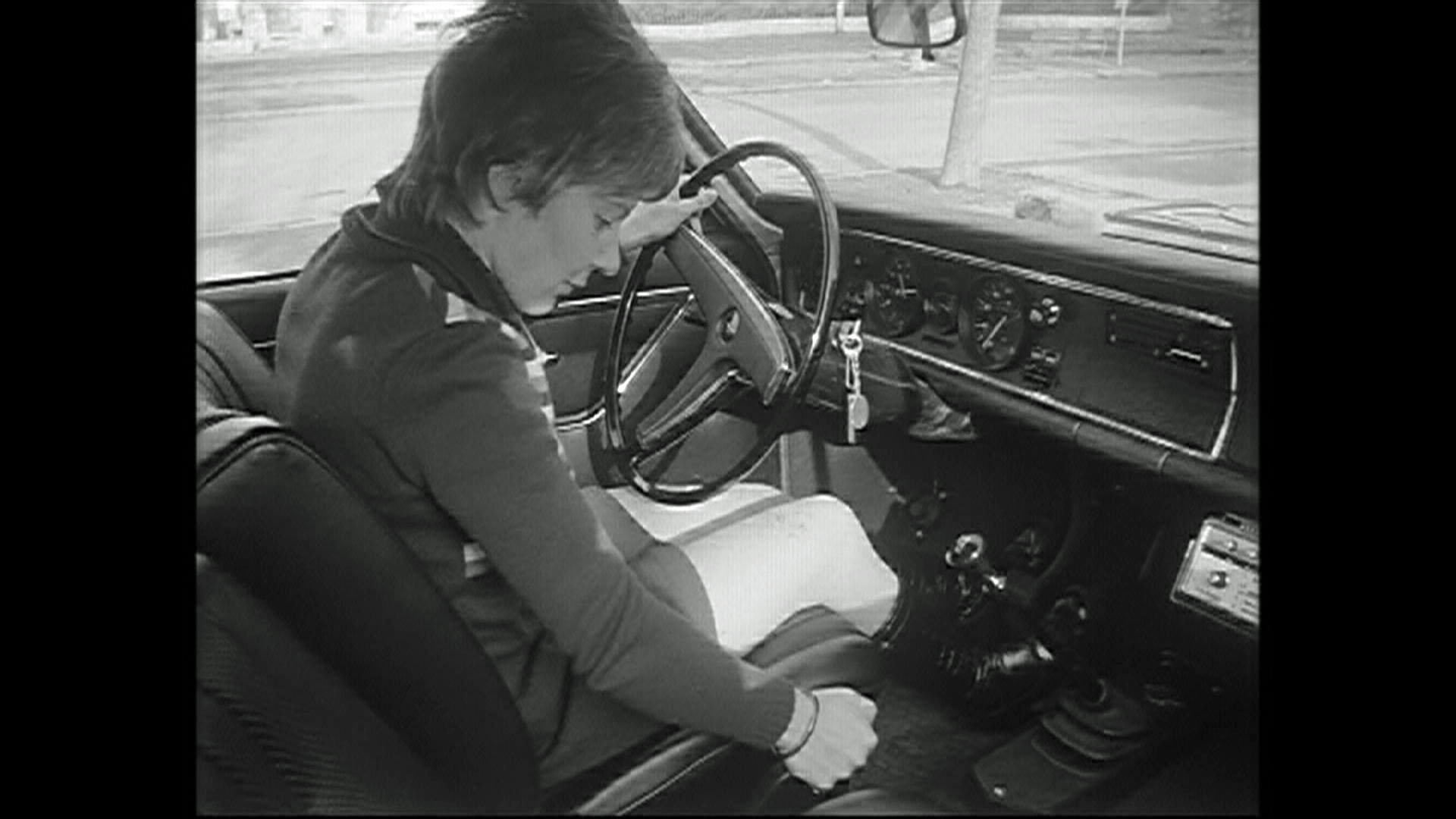‘The car industry is digging its own grave’

High performance racing cars, energy-efficient models, driver assistance systems ... The 84th Geneva Motor Show has all this but is not coming up with answers for the future, according to former top automobile executive Daniel Goeudevert.
Despite being a world famous showcase for new models, Goeudevert feels it is time for the Geneva Motor Show to come up with a new image and a new identity.
swissinfo.ch: The Motor Show is unique, according to its organisers and the industry. Switzerland, a country with no motor industry of its own, is neutral terrain and as such is said to be particularly attractive as a show location and a magnet for novelties and innovations. Do you share this opinion?
Daniel Goeudevert: No. Geneva is a diverting trip for many industry executives but is not necessarily a motor show that you would deem an absolute must. What you find here are traditional products for an overwhelmingly affluent clientele. It is certainly not a show for innovations.
It’s essential for the Geneva Motor Show to come up with a new image and a new identity, otherwise it will very fast become superfluous. The manufacturers no longer wait for Geneva to present something new.
Personally I’ve hoped for decades that Switzerland, precisely because it doesn’t have any manufacturers, would take on the responsibility of transforming its world-famous motor show into an innovative exhibition that would be a showcase for the future and not the past.
Geneva would then be the place where everyone offering new technologies would come together and also where bulk buyers – governments and firms – would come because this would be the place to find the products of the future.
The 2014 show runs from March 6 to 16. More than 100 exhibits are being shown for the first time in the world or in Europe at the Geneva Motor Show.
Of the five largest international automobile exhibitions, only Geneva and Detroit are held annually.
The organisers are expecting more than 700,000 visitors. About 45% of the visitors come from outside Switzerland, especially Germany, France and Italy.
The International Organization of Motor Vehicle Manufacturers regards Geneva as one of the world’s five major motor shows. The others are Frankfurt, Detroit, Paris and Tokyo.
Since Switzerland has no motor industry of its own, Geneva offers the same conditions to all exhibitors, who therefore regard it as neutral terrain.
swissinfo.ch: We are only a few years away from self-driving cars. In Geneva an incredibly intelligent assistance system is being exhibited that recognises danger, brakes automatically, assesses road conditions and more. Isn’t that the future?
D.G.: No, it’s about the stupidest thing I’ve ever heard. If I have to sit in a car and am not allowed to drive because the system has taken over, then I’d rather go by train. It’s much more pleasant, and at least it has a toilet. In the final analysis, the auto industry is digging its own grave with this, because the idea that’s been propagated for more than 100 years about the joys of driving will simply become irrelevant.

More
On the road with a plug-in car
swissinfo.ch: The European market is at any rate stuck in a slump. The industry has reacted with a flood of new models and attempted to fill every conceivable niche. Does that make sense?
D.G.: No, in the long term it doesn’t make sense at all. The problem lies elsewhere but the industry doesn’t dare take the quantum leap that’s needed. There have been four clear challenges for the past two decades.
First, fuel will either become scarcer or significantly more expensive.
Second, environmental issues are becoming ever more important and legislators will be forced to write laws that make it more difficult to sell vehicles with internal combustion engines. The key point here is CO2 emissions. The motor industry doesn’t bear sole responsibility for CO2 emissions. But it needs to play a pioneer role here because almost everyone either has a car or will have one in the future.
Third, within only a few decades about 90% of the world’s population will live in metropolitan areas. The type of car needed for this is not the car that was developed in the 1950s in order to drive from Zurich to Milan. In cities the distances are short and electricity is available on every street corner. Here the electric car is the solution.
Fourth, the significance of the car as a status symbol among the young has clearly declined. In Japan over 60% of people between the ages of 18 and 25 have said they could imagine life without a car. This is also because you actually are no longer really able to drive in large metropolitan centres.
Goeudevert was born in 1942 in Reims, France and in the 1980s was one of the most powerful and successful top managers in the European motor industry. He now lives in Switzerland.
Even at that time he was seen as a maverick. He was already highly critical of the trend towards ever more powerful cars and was pushing for ecological vehicles, speed limits, and the expansion of regional public transport.
Goeudevert studied linguistics and literature in Paris then worked as a teacher before switching in 1965 to work as a car salesman. He rapidly climbed the career ladder and 1970, at only 28 years old, became the general director of Citroën Switzerland. He subsequently worked as general director of Citroën Germany, Renault German and finally Ford Germany.
In 1991 the then-head of Volkswagen, Ferdinand Piëch, named Goeudevert his deputy. Two years later Goeudevert left the concern over differences of opinion with Piëch.
In 1996 he published his autobiography in German under the title Wie ein Vogel im Aquarium-Aus dem Leben eines Managers (“Like a bird in an aquarium – from the life of a manager”). It stayed on the best sellers list for 72 weeks. Since then Goeudevert has worked as an author and consultant.
swissinfo.ch: The industry CEOs would tell you that they are exhibiting the future in Geneva, perhaps not the future twenty years from now, but how it will be for the next few years.
D.G.: When a CEO says that what he is building is the future, then he knows quite well that that’s not really the case. The challenges that I’ve described exist. Those are facts. The number of car drivers could double from about one billion to two billion in just a few decades.
The CO2 problem will remain unresolved if things go on as they have up to now. The industry is waiting for a signal from the government. However, if the government decided to encourage electric cars and introduce a law on CO2 emissions, the industry would send its lobbyists to Brussels to prevent it. But everyone knows that something has to happen.
Given the crowding in metropolitan areas and the CO2 emissions problem, the electric car is a very interesting proposition. But the industry has not yet latched on to the fact that this is their future. For example, the German Post has said it would like to use only electric cars in the future. That would be a signal. But the head of the Post told me that not one manufacturer in the world was prepared to develop such a car for them. So the RWTH Aachen University in Germany developed and built an electric car as a special project. The Post has started with 30 vehicles but some day it could be 30,000.
swissinfo.ch: Could you say that the industry is squeezing the lemon dry?
D.G.: You’re not wrong with your analogy. The industry needs one of three factors to change its view of things: a catastrophe such as Fukushima or a drastic drop in the market, potent measures on the part of legislators such as a European CO2 emissions laws or competitors with better products.
It’s true that there are also some areas of research and development that are trying to look ahead, but they do not always have the means and the freedom to do what they want. I don’t want to say that what people are now doing is complete nonsense. But there’s a lack of clear policy.
The industry is responsible and must take risks. Hybrid vehicles is only an issue today because Toyota, one of the largest manufacturers in the world, decided in 1998 – despite being mocked by all the other manufacturers – to offer a hybrid model and it paid off.
I personally believe that the hybrid model could be the solution for the next 20 to 30 years. It doesn’t solve the problem but it certainly helps.
(Translated from German by Kathleen Peters)

In compliance with the JTI standards
More: SWI swissinfo.ch certified by the Journalism Trust Initiative











You can find an overview of ongoing debates with our journalists here . Please join us!
If you want to start a conversation about a topic raised in this article or want to report factual errors, email us at english@swissinfo.ch.